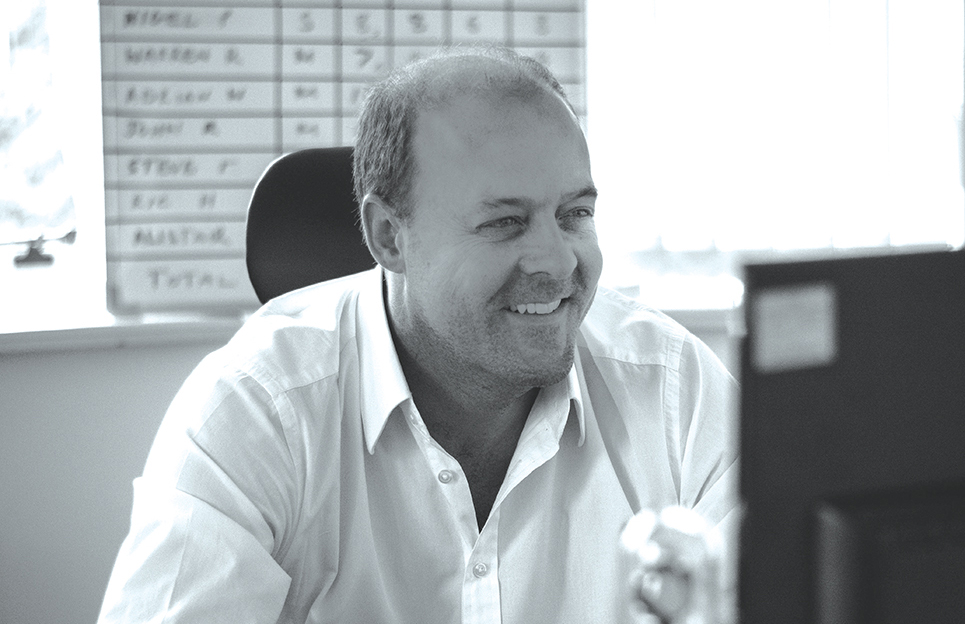
Presenteeism is on the rise according to the latest annual survey carried out by the Chartered Institute of Personnel and Development (CIPD) in partnership with Simplyhealth.
The CIPD health and wellbeing at work survey monitors absence management trends, policy and practice, as well as health and wellbeing policies and practices.
The survey uncovered unhealthy patterns of behaviour, specifically presenteeism and leaveism. As many as 86 per cent of respondents observed ‘presenteeism’ in their organisation in the previous twelve months. Even more worryingly, the number of organisations taking steps to prevent presenteeism has halved since 2016 (from 48 per cent to 25 per cent).
Presenteesim is a growing issue that businesses need to address.
What is presenteeism?
Presenteeism is used to describe the issue of employees coming into work when sick. More recently, the term has also been used to include employees who are disengaged from their job (i.e. coming into work, but not present in their duties).
What is leavism?
Leavism is a relatively new phrase used to define working during non-paid hours or during annual leave or even when off sick. According to research by CIPD, 69 per cent of employees say that ‘leavism’ has occurred in their workplace in the last year. One of the biggest problems for many employees is feeling the need to check emails outside of working hours.
Why is presenteeism on the rise?
UK productivity growth is at an all-time low. The productivity situation, according to a discussion paper by ACAS, is deep-seated and reflects corporate governance arrangements and a financial system that encouraged short-termism. The consequence has been a lack of investment in technology and in people.
In a survey of 4,500 employees from nine regions across the world, British workers were found to be the least likely to be fully engaged at work. Research published by the Economic Research Council (ERC) reports that almost three-quarters of UK workers identified as ‘not engaged’ or as having little enthusiasm for their work. Presenteeism is a big problem in the UK.
Low pay, a lack of investment in employees and ignorance regarding the benefits of positive company culture are fuelling the rise in presenteeism. In particular, mental health presenteeism is becoming more prevalent.
Lots of factors can fuel presenteeism. Our digital age means we live in an ‘always available’ culture. Flexible working (while it also has its good points) can make it difficult for employees to have clear boundaries between work and home. The growing ‘sandwich’ population, caring for children and elderly parents are also finding it tough to leave their worries at home when coming into work.
The problems with presenteeism
When employees continue to work when they aren’t feeling well, there are a number of consequences to the individual, to colleagues and to the overall business. These include:
- Longer recovery periods – if employees aren’t taking the time they need to recover when ill, there’s a risk they will get worse and take even longer to get better
- Spreading germs – employees who drag themselves into work when they are suffering from infectious illnesses, such as coughs, colds and flus will be passing germs on to everyone else
- Lower morale – if staff feel their only option is to come to work when they are feeling ill, this has a detrimental effect on morale
- Safety issues -people who are mentally or physically ill are more prone to accidents
- Productivity – people are significantly less productive when they are unwell
Employers often focus their attention on absenteeism, and are often thankful to employees who struggle in to work when unwell. But, this is a mistake.
Presenteeism could in fact cost more than absenteeism. According to a report by People Management, Presenteeism costs more than £4,000 per employee, with the average UK employee spending 2 weeks a year at work while ill.
Signs of presenteeism
There are a number of tell-tale signs employers can look out for when it comes to presenteeism, including employees making more mistakes or producing work of a lower standard, or lower productivity levels than usual.
Employees may arrive late or leave early, or conversely work through breaks and stay late. Be especially aware of employees who insist on working when sick and look out for staff who appear excessively tired.
How to address presenteeism
Presenteeism stems from a lack of investment in employee wellbeing and in poor business cultures, especially in those where long working hours are expected. Employers can take measures to prevent presenteeism by:
- Encouraging staff to stay home and rest when actually ill (clamping down on absenteeism fuels presenteeism)
- Leading by example – train managers to stay at home when sick
- Training managers to spot the signs of presenteeism and potential mental health problems
- Recognising that presenteeism may be appropriate for some employees (i.e those with mental health problems may feel better in the long term by coming to work)
- Offering paid sick leave
- Encouraging staff to use all of their annual leave allocation
- Reviewing the absence policy
- Reviewing annual leave allowances
- Considering a time off in lieu policy
- Fostering a culture of health and wellbeing
- Educating employees on the importance of wellbeing at work
- Considering if staff need new challenges
- Creating opportunities for career development
Allow presenteeism to flourish in your business and you could be inadvertently killing your profits. A change in business culture is the answer.






